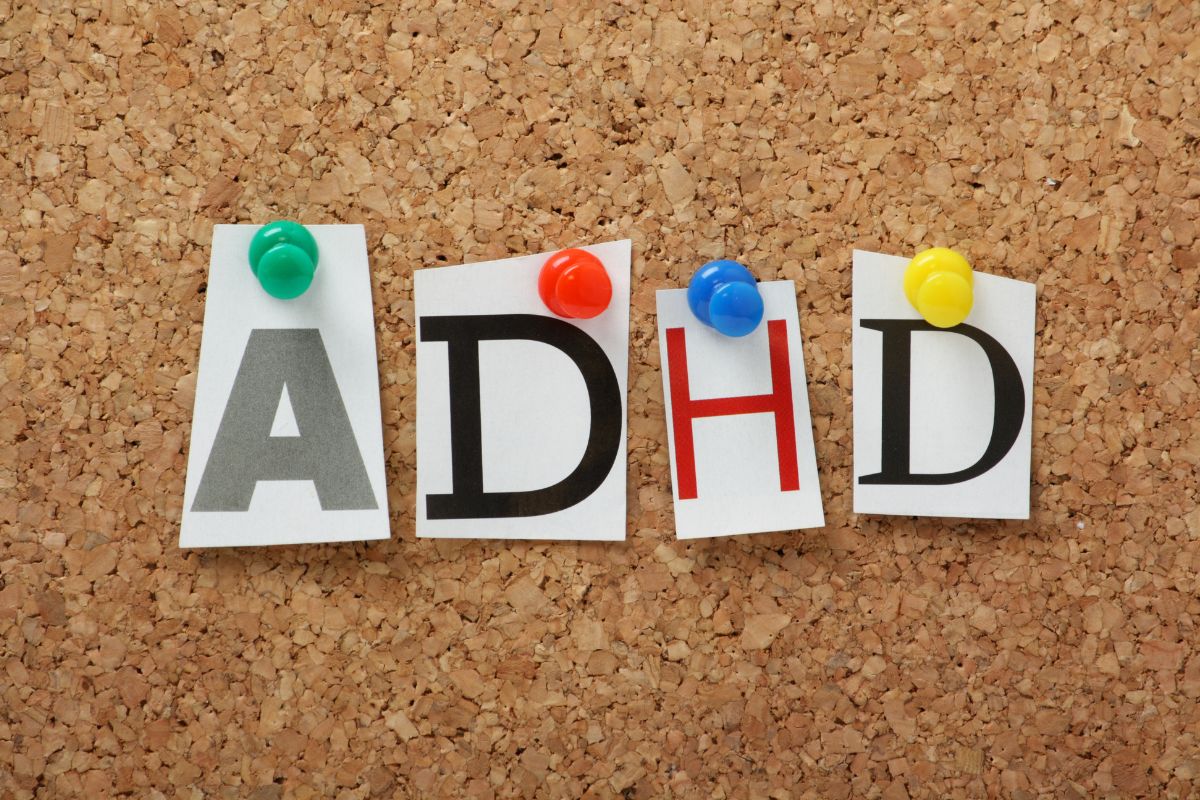ADHD Test
There isn’t a single test that can identify ADHD. Doctors instead rely on a number of things, such as:
- The parents, family, teachers, or other adults in interviews
- Observing the youngster or adult directly
- Measures of ADHD symptoms using questionnaires or rating scales
- Psychiatric testing
The extent to which a patient’s symptoms influence their everyday moods, conduct, productivity, and lifestyle habits must be determined by the doctor. They also need to rule out any further conditions.
When it comes to kids, the doctor will discuss any signs of ADHD they have observed with the parents. The child’s symptoms and the age at which the behaviors started will be discussed with the doctor. A behavioral report from the child’s teacher, report cards, and examples of the student’s work may be requested by the doctor.
The doctor might wish to speak with a spouse or other family members while treating adults. They’ll want to know if the patient experienced symptoms as a child. Making a diagnosis of ADHD requires knowing whether an adult displayed ADHD-like behaviors as a youngster.
A doctor might order testing to rule out other conditions, such as:
- Both hearing and vision
- A lead level blood test
- A blood test to diagnose conditions like a thyroid illness
- A test to gauge the brain’s electrical activity
- A CT scan or MRI to look for any abnormalities in the brain
Also Read:
Test Of Brain Waves
Brain waves are measured using the Neuropsychiatric EEG-Based Assessment Aid (NEBA) System. Among children and adolescents with ADHD, there is a tendency for the ratio of some brain waves to be higher. The scan is permitted for usage in kids between the ages of 6 and 17, but it must be a part of a comprehensive medical and psychological examination.
Additional examinations aid in the diagnosis of illnesses that resemble ADHD. Yet, they don’t identify ADHD.

Diagnostic Process To Therapy
When a doctor diagnoses ADHD, it’s crucial to adhere to the recommended treatment plan. As well as prescription drugs, the doctor might advise behavioral treatment. These therapies help ease the symptoms of ADHD and make it simpler to manage.
ADHD Diagnosis In Adults
Because there is considerable debate over whether the symptoms used to identify ADHD in children and teenagers also apply to adults, diagnosing ADHD in adults is more challenging.
If an adult exhibits five or more of the inattentiveness symptoms or five or more of the hyperactivity and impulsivity symptoms described in the diagnostic criteria for children with ADHD, they may in some situations be diagnosed with the disorder.
Your current symptoms will be discussed with the professional as part of their evaluation. A diagnosis of ADHD in adults, however, cannot be established under the current diagnostic guidelines unless your symptoms have been present since childhood.
Your expert may want to review your old school records, and speak with your parents, teachers, or anybody else who knew you well when you were a youngster if you have trouble recalling whether you experienced problems as a child.
Adults with ADHD must also experience symptoms that have a moderate impact on a variety of facets of their lives, such as:
- Driving recklessly
- Performing poorly at work or in school
- Finding it difficult to make or maintain friends
- Having trouble maintaining relationships with partners
You are not diagnosed with ADHD if your issues are fresh and haven’t been recurring in the past. This is due to the widespread belief that adults cannot develop ADHD for the first time.

What Physicians Examine
The American Psychiatric Association’s diagnostic criteria are most frequently used by medical professionals to identify ADHD. The team has determined 3 variations of the disorder:
Inattentive Type: A person must exhibit at least six of these nine signs, along with only a few hyperactive-impulsive Type traits.
- Doesn’t pay attention to detail or makes sloppy blunders
- Doesn’t keep focused, doesn’t listen, doesn’t follow directions
- Doesn’t complete tasks like homework or housework, etc
- Difficulty with task or activity organization
- Refuses to engage in activities that require effort or focus
- Things are lost
- Prone to distraction
- Forgetful

